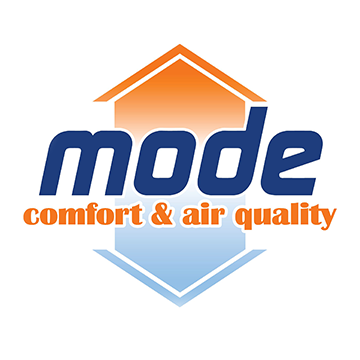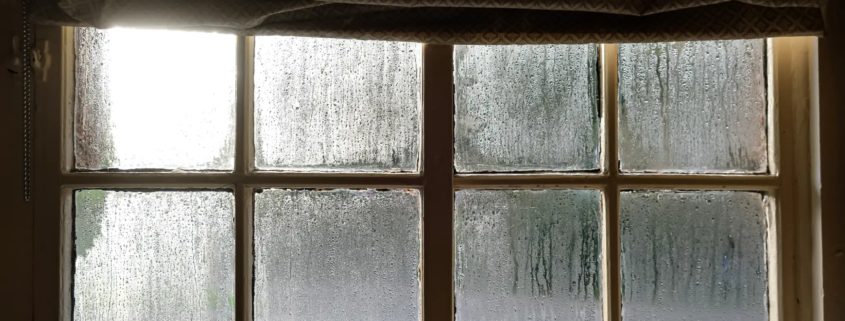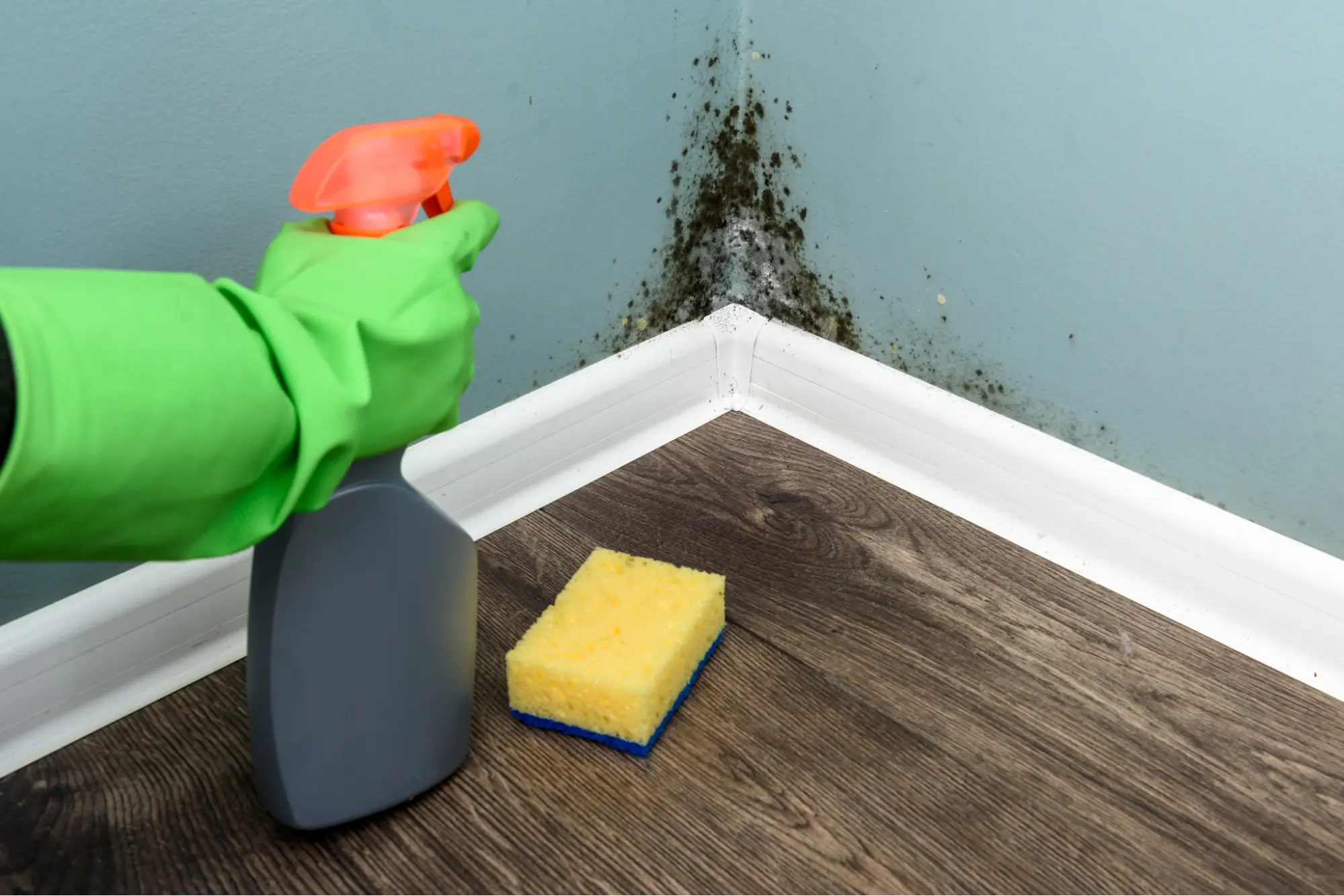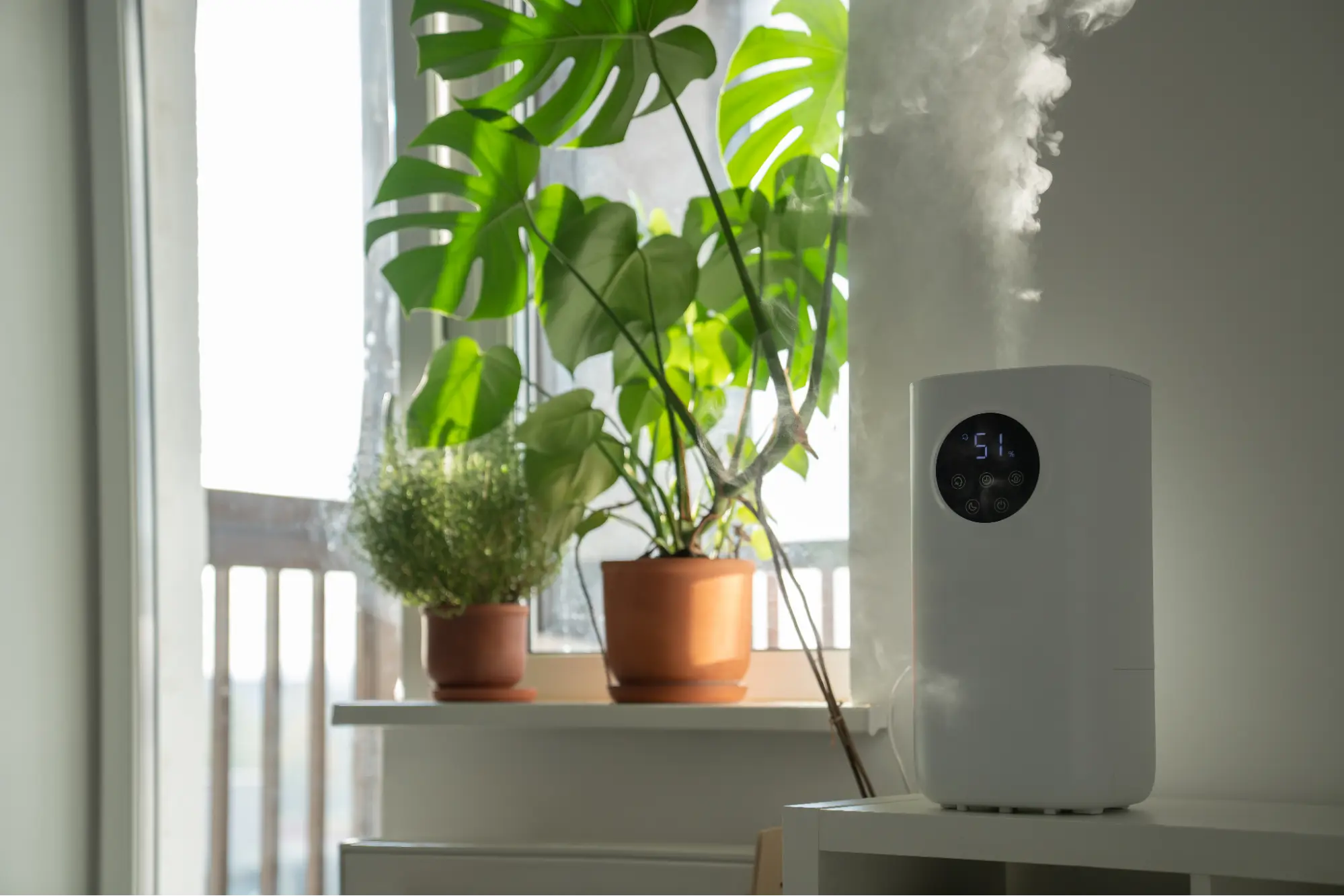Ever wondered why some days your skin feels more like a desert while other days it’s as if you’re walking through a tropical jungle? The culprit behind these fluctuations is none other than the humidity level in your house. This invisible, yet palpable entity has the power to transform our comfort, health, and even the longevity of our wooden furnishings! Dive into our blog post where we unveil the mysteries of humidity levels, learn how to tame this wild element, and discover why maintaining the right balance can turn your home into a sanctuary of well-being. Contact Mode Comfort today to find out more about our home humidity control systems!
Why Humidity Matters in HVAC?
When discussing the intricacies of HVAC systems, it’s imperative to stress the importance of maintaining the right humidity levels. Proper humidity balance is not just a matter of comfort, but also one of health and efficiency in both residential and commercial spaces.
The Impact of Home Humidity Levels on Comfort
From a comfort standpoint, the humidity level in the air can play as much of a role as temperature. Air that is too dry can cause irritation to our skin, eyes, and respiratory system. This is particularly noticeable in the colder months when HVAC systems are used to heat indoor spaces, which can reduce indoor humidity. Conversely, air that is too moist can make a space feel stuffy and warmer than it actually is. This often happens in summer months, causing HVAC systems to work harder to maintain a comfortable temperature.
HVAC Efficiency and Humidity
Efficiency is yet another facet of the HVAC system’s functionality that’s affected by humidity. An HVAC system in a highly humid environment will consume more energy because it has to work harder to remove the excess moisture from the air to reach the desired comfort level. Therefore, managing humidity is not just about maintaining a comfortable indoor climate, it’s also about optimizing the efficiency of the HVAC unit, leading to potential energy savings and prolonged system life.
Problems Caused by High Humidity Level in Home
- Health Issues: High humidity levels inside your home can be much more than a mere discomfort; they can have significant effects on your health. Breathing in overly moist air could potentially result in respiratory problems due to the growth of mold and mildew, which thrive in damp conditions. Not only do these fungi produce an unpleasant musty odor, but they can also release spores into the air that may cause allergic reactions, asthma attacks, and other respiratory issues, especially in those with weakened immune systems. Read more about our house air purifiers!
- Structural Damage: The integrity of your home’s structure can also be compromised by high humidity. When the air is laden with moisture, it can find its way into walls and wooden supports, leading to warping, cracking, and the breakdown of structural strength. This weakening may go unnoticed for a long time, quietly progressing until it becomes a serious issue requiring expensive repairs.
- Pest Infestations: Pests like dust mites, cockroaches, and termites are all attracted to moist environments. These unwanted critters can set up shop in your home if humidity is left unchecked, creating infestations that can damage your property and exacerbate health concerns. Moreover, the presence of these pests can bring about additional costs in pest control and add to the overall unhealthiness of your indoor environment.
Problems Caused by Low Humidity Level in Home
- Flu and Cold Protection: When the humidity levels in your home drop significantly, it can lead to a host of health-related problems. Low humidity dries out the mucous membranes in your nose and throat, which can diminish your body’s ability to fend off cold and flu viruses. This is why many people find they are more prone to illnesses during the colder months when indoor humidity levels tend to be lower. Moreover, people suffering from asthma may experience more frequent and severe episodes as dry air can irritate the respiratory system.
- Skin Irritation: The lack of moisture in the air can cause your skin to become dry, flaky, and itchy. In extreme cases, your skin may even crack, which can be painful and opens the door to potential infections. Additionally, those with sensitive skin conditions, such as eczema or psoriasis, may notice a worsening of their symptoms when the indoor air is too dry.
- Structural Damage to Your Home: Your home can also suffer from low humidity levels. Wood floors, furniture, and musical instruments like pianos are particularly susceptible to damage when the air in your home is too dry. Wood can warp, crack, or split because it contracts when it dries out. This not only affects the appearance and integrity of your expensive household items but can also lead to costly repairs or replacements.
- Electrical Hazards: Another less obvious problem caused by low humidity is the increase in static electricity. This can be a mere nuisance, giving you small shocks when you touch metal objects, fabric, or even other people. However, it can pose a serious threat to sensitive electronics, possibly damaging them or wiping out important data.
What’s the Best Home Humidity Level?
Most experts agree that the normal humidity level for comfort and for avoiding health issues typically ranges from 30% to 50%. In this range, you strike a balance between eliminating problems that come with air that is too dry or too moist.
Ideal indoor humidity in winter
When the outdoor temperatures drop, the air becomes drier, and heating systems working overtime can strip what little moisture remains, potentially leading to a host of undesirable effects.
To maintain ideal humidity levels of 30-50% in winter, you might need to employ some strategies:
- Use a Humidifier: A humidifier is an effective way to add moisture back into your home’s air. They come in various sizes, from units suited for a single room to whole-house systems that work with your heating system.
- Keep an Eye on the Hygrometer: This tool measures the moisture in the air. Some digital thermostats have built-in hygrometers, but you can also buy standalone units.
- Indoor Plants: Adding houseplants can help to naturally increase the humidity inside your home as they release moisture vapor into the air as part of their natural breathing and transpiration process.
- Ventilation: Proper ventilation is key to maintaining humidity at healthy levels. For instance, using exhaust fans in the kitchen and bathroom can help remove excess moisture that could contribute to mold growth.
- Seal Leaks: Make sure that your home is well-sealed to prevent the loss of warm, humidified air and the influx of dry, cold air. This includes sealing gaps around windows, doors, and other potential air leaks.
By managing the proper humidity for your house during winter, you can improve your comfort, protect your health, and extend the life of your home’s interior features. Regularly monitoring and adjusting humidity levels will help you maintain a cozy and healthy living space all winter long. Read more about heater temperatures in winter!
Ideal home humidity in summer
When we talk about the ideal humidity in your house in summer, we consider the same home humidity recommendations as you would in winter. The perfect balance ensures not only our personal comfort but also the well-being of our homes and the longevity of our belongings. Once you’re aware of your home’s humidity levels, there are several methods to control it:
- Air Conditioning: An AC doesn’t only cool your home but also reduces humidity by pulling moisture from the air.
- Dehumidifiers: These can be particularly beneficial in high-humidity areas or during exceptionally humid periods.
- Use Fans: Good air circulation can help keep humidity levels down by drying out damp air.
- Ventilation: Ensure your home is properly ventilated, especially areas like bathrooms and kitchens where moisture is often generated.
How To Achieve The Best Humidity Level for Your Home
At Mode Comfort & Air Quality, we offer personalized solutions that cater to your specific needs because we understand that every home is unique. Our professional team will assess your living space and recommend the most efficient and cost-effective methods to achieve balanced humidity in your house. Don’t let improper humidity take a toll on your well-being and home integrity. Contact Mode Comfort & Air Quality today for HVAC in Midlothian, VA, and take the first step towards a healthier, more comfortable living environment. Remember, managing home humidity is not just a luxury—it’s a necessity for preserving your home’s condition and ensuring your family’s health.



